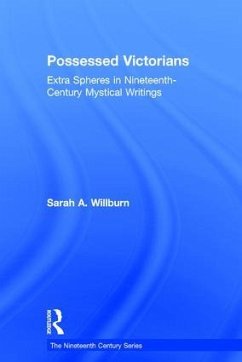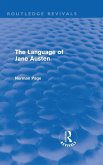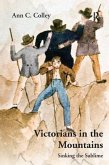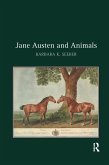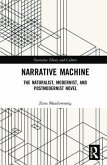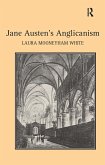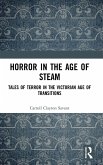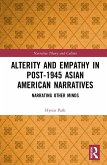In her absorbing study of nineteenth-century mystical writings, Sarah Willburn formulates a new conception of individualism that offers a fresh look at Victorian subjectivity. Drawing upon extensive archival work in the British Library, Willburn analyzes séance accounts, novels about mediumship, and metaphysical treatises to make important connections between contemporary writings on mysticism and fictional works. Willburn presents the theories of compelling characters such as Newton Crosland and Lois Waisbrooker and provides exciting new readings of well-known texts by Charlotte BrontÃ, Eliot, Martineau, and Corelli. An understanding of the Victorian fascination with mysticism, Willburn argues, leads to a better appreciation of cultural constructions of the citizen in England and of the public sphere. She introduces two key concepts against the backdrop of popular mysticism: "possessed individualism," a model for Victorian individualism based on spiritual possession, and "extra spheres," which complicate the traditional binary opposition of public and private. Together, these formulations urge us to rethink our views of Victorian political economy and gender as they pertain to mystical and religious practices.
'This fascinating study opens up the meanings of the word "possession" in Victorian culture to account for phenomena as seemingly diverse as the subtle dynamics of Daniel Deronda and an ornery walking talking séance table named Mary Jane. Willburn makes convincing connections between Victorian mystical culture and the influential economic concept of possessive individualism, making this book an exciting contribution to the growing literature on the Victorians' ongoing fascination with the supernatural.' Pamela Thurschwell, University College London, UK 'Highly recommended.' Choice '... lively and important study... Willburn provides a fascinating overview of the little-known genre of 'trance novels'... this monograph provides erudite and engaging analyses of a wide range of materials and is a major contribution to the burgeoning scholarship on relationships between mysticism and Victorian culture.' Review of English Studies 'After an introduction that provides a substantial, useful overview of recent scholarship on spiritualism, Willburn offers a sustained reading of Eliot's Daniel Deronda before taking up spiritualist narratives, theories and practices, including - in a fascinating chapter - those associated with supposedly possessed articles of furniture, specifically tables.' Brontë Studies

